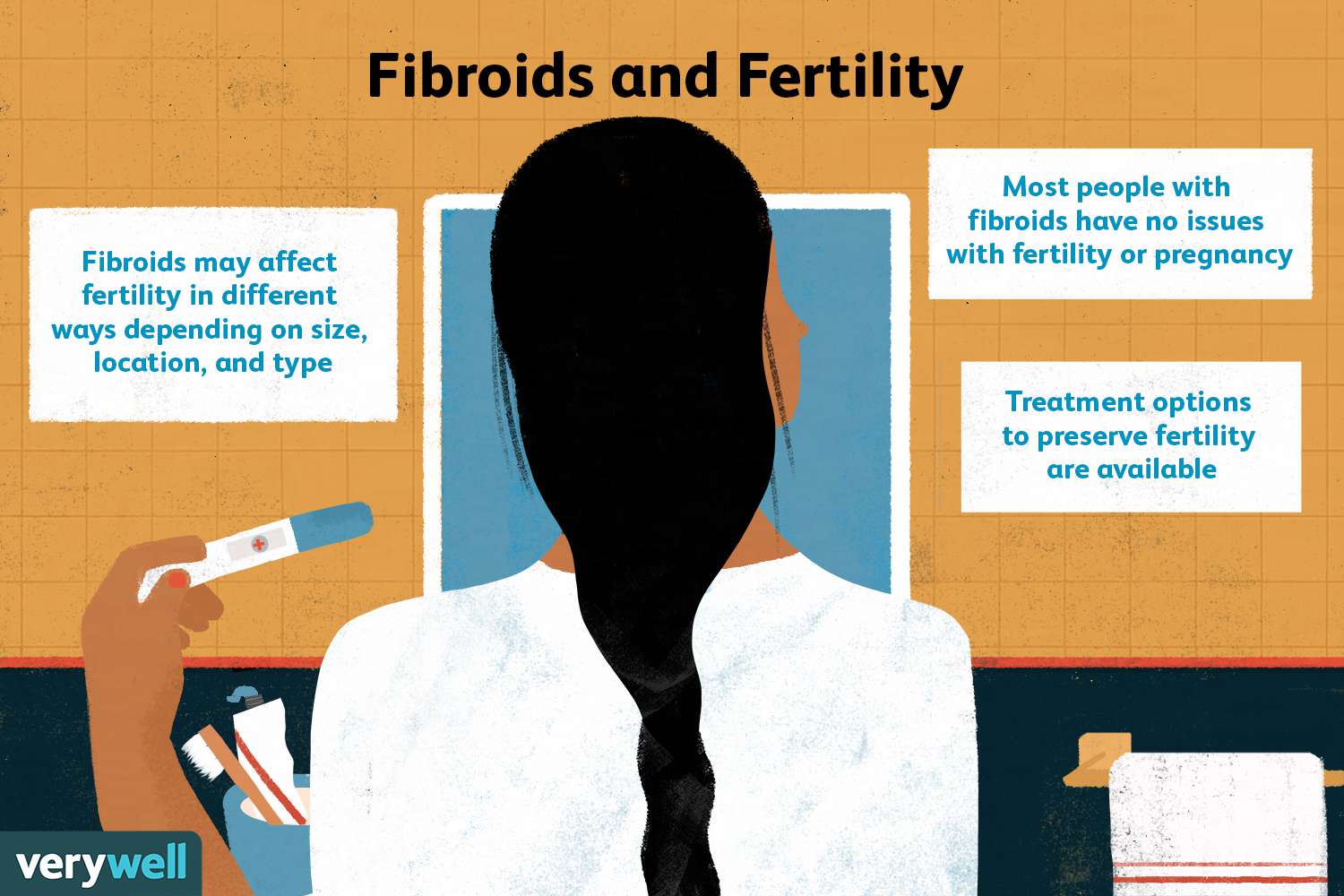People with migraines may benefit from following a migraine-friendly diet that avoids potential triggers and promotes overall health. While individual triggers can vary, there are some general dietary recommendations that might help reduce the frequency and severity of migraines. It’s important to note that dietary changes alone may not completely eliminate migraines, but they can be a part of an overall migraine management plan. Here are some guidelines:
- Stay hydrated: Dehydration can trigger migraines in some people. Drink an adequate amount of water throughout the day and limit caffeinated beverages, as they can contribute to dehydration.
- Avoid trigger foods: Certain foods can trigger migraines in susceptible individuals. Common triggers include aged cheeses, processed meats, chocolate, alcohol (especially red wine), monosodium glutamate (MSG), artificial sweeteners, and foods containing nitrates or nitrites. Keep a food diary to identify any specific triggers that may affect you.
- Balance blood sugar levels: Maintain stable blood sugar levels by eating regular meals and snacks. Avoid skipping meals, and choose foods with a low glycemic index, such as whole grains, lean proteins, fruits, and vegetables.
- Limit caffeine intake: While some people find relief from migraines by consuming caffeine, others may experience migraines triggered by caffeine withdrawal. Moderation is key. If you’re a regular caffeine consumer, consider gradually reducing your intake rather than quitting abruptly.
- Choose whole, unprocessed foods: Focus on a diet rich in whole grains, fruits, vegetables, lean proteins, and healthy fats. These foods provide essential nutrients and help maintain overall health.
- Omega-3 fatty acids: Incorporate foods rich in omega-3 fatty acids into your diet. Sources include fatty fish (salmon, mackerel, sardines), flaxseeds, chia seeds, walnuts, and hemp seeds. Omega-3 fatty acids have anti-inflammatory properties that may help reduce migraine frequency.
- Magnesium-rich foods: Magnesium deficiency has been linked to migraines. Include magnesium-rich foods in your diet, such as spinach, kale, almonds, pumpkin seeds, avocados, and black beans. You can also consider magnesium supplements under the guidance of a healthcare professional.
- Avoid food additives: Some food additives, like MSG, artificial sweeteners (aspartame), and food dyes, have been associated with migraines in certain individuals. Read food labels carefully and opt for whole foods whenever possible.
For more information visit https://www.google.com/maps/dir/19.2179763,72.8999445/doctor+amit+paleja
Contact 098216 69822
Email info@dramitpaleja.com


